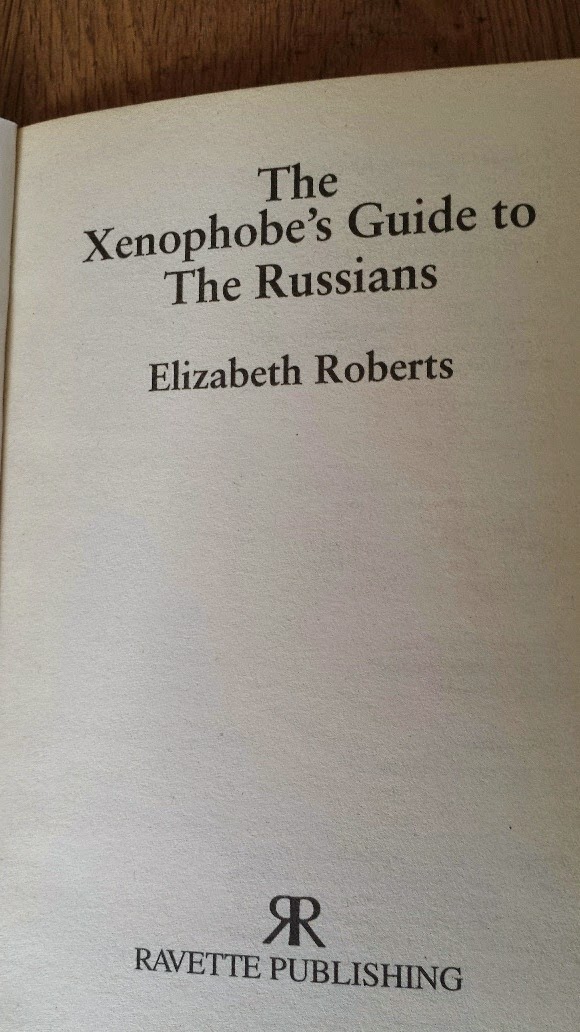 |
| Wiiliam Shawn: some articles he commissioned turned into books |
There is a falsehood propagated by some in the literature industry that journalism - writing for newspapers or magazines - is somehow fundamentally different from, and a lesser calling than writing books. Writing is either good or bad, subjects either trivial or important. Books can start as articles in magazines - or blogs, for that matter. Subscribers to the free online Writers Almanac published by Garrison Keillor were reminded of this today, because August 31st is the birthday of William Shawn, the longtime editor of The New Yorker. Shawn was born William Chon in Chicago (1907). He started working for The New Yorker as a reporter for the "Talk of the Town" section in 1933, and was paid $2 per column inch. He took on some editorial duties after a few years as a writer, and became managing editor in 1939. He convinced the magazine's founder, Harold Ross, to devote an entire issue to John Hersey's in-depth coverage of six survivors of the atomic bomb dropped on Hiroshima. It was radically different than the magazine's usual fare, but it was a huge success. When Ross's health began to go downhill in the early 1950s, he bequeathed the magazine to Shawn. Some people were skeptical that Shawn could pull it off; after all, he was a Midwestern boy, raised in Chicago and educated in Michigan, and his first real journalism job had been reporting for a small paper in Las Vegas, New Mexico. He didn't like a fast-paced lifestyle, crowds, elevators, or power lunches. He was a small, shy, extremely courteous man whose feet didn't reach the floor under his desk. Ross died of cancer late in 1951, and Shawn succeeded him a couple of months later; he held the position until 1987, when the sale of the magazine forced him into retirement.
 |
| Williams Shawn's son Wallace, star of cult film 'My Dinner with Andre' |
Under Ross's leadership, The New Yorker had been a forum for sparkling wit and snarky gossip; its stable of writers included E.B. White, James Thurber, and many members of the Algonquin Round Table. When Shawn took over the helm, the magazine took a more serious turn. It featured more stories of national interest and toned down its New York focus. Tom Wolfe said, in 1965, that Shawn had turned The New Yorker into "the most successful suburban women's magazine in the country." Former New Yorker writer Dorothy Parker complained that most of the writing was "about somebody's childhood in Pakistan," and even Shawn himself sometimes regretted the decline in the amount of humor in the magazine's pages under his watch.
 |
| Tom Wolfe predicted the banking crisis in 'The Bonfire of the Vanities' |
But he had the support of the magazine's owners, and throughout his career, he earned the admiration and affection of the writers he worked with: among them J.D. Salinger, John Updike, Jamaica Kincaid, Elizabeth Bishop, and Philip Roth. He published Truman Capote's In Cold Blood as a series of articles. His magazine began to shape public opinion rather than just remark upon it. It was in the pages of Shawn's magazine that Rachel Carson's Silent Spring first educated Americans about the environment, and James Baldwin published essays on race relations that would eventually become his book The Fire Next Time (1963).
When the magazine was sold and Shawn was forced to retire in 1987, he wrote a last letter to his colleagues, saying, "We have built something quite wonderful together." After his death in 1992, former colleague Gardner Botsford wrote in The New Yorker: "He sharpened our thinking, brought us sternly back from our vacant musings, oiled our transitions, and turned us into professionals of a greater competence than we would ever have achieved on our own." Another New Yorker staffer said, anonymously, "No editor ever ruled a large and complex magazine as absolutely as he ruled this one; yet no editor, perhaps, ever imparted to so many writers and artists as powerful a sense of freedom and possibility."
Shawn himself once said, "Falling short of perfection is a process that just never stops."
For Shawn's complex personal life see also: http://observer.com/1998/05/william-shawn-stud-or-saint-the-memories-of-lillian-ross-and-ved-mehta/







































